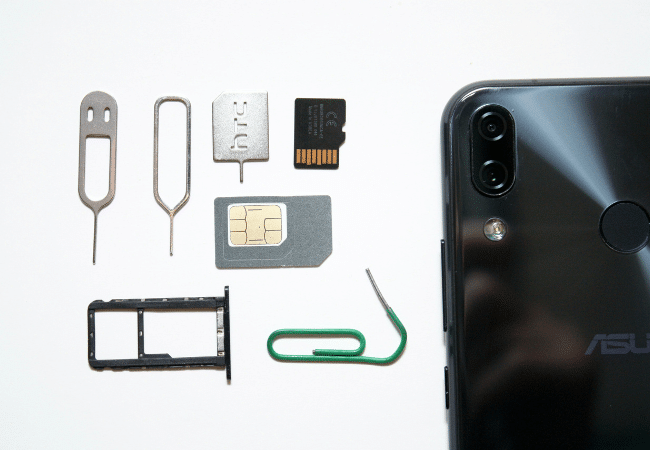
MANILA, Philippines — The Cybercrime Investigation and Coordinating Center (CICC) advised the public to ignore calls threatening SIM suspension.
Fraudsters claim the SIM suspension is due to unlawful activities like illegal recruitment for overseas work, online casinos, and human trafficking.
Worse, the scammers pose as Department of Information and Communications (DICT) workers.
CICC executive director Alexander Ramos said his office received complaints related to a caller who introduces herself as a DICT employee named Nikki Garcia.
READ: Gov’t urged to go after phone scammers
The scam caller would inform her victim that their SIM is due for suspension due to various violations. Hence, Ramos appealed to the public to ignore calls from suspicious or anonymous callers.
“Please be alert at all times, and do not be deceived by people who pretend to be from the DICT or any other government agency,” he added.
Subscriber Identity Module (SIM) registration is mandatory under Republic Act No. 11934. The government enacted it on October 10, 2022, and it took effect on December 27, 2022.
READ: How to fix ‘No SIM’ error for smartphones
As of July 30, 2023, the final deadline after the five-day grace period for the list-up, the number of registered SIMs reached 113,969,014. For reference, there are a total of 168,016,400 SIM cards in circulation in the Philippines.
The CICC executive director reiterated that the public should report cybercrime incidents to the Inter-Agency Response Center Hotline 1326 to prevent cybercrime.
“By reporting to authorities, you are also helping other people by preventing them from becoming future victims,” he emphasized.